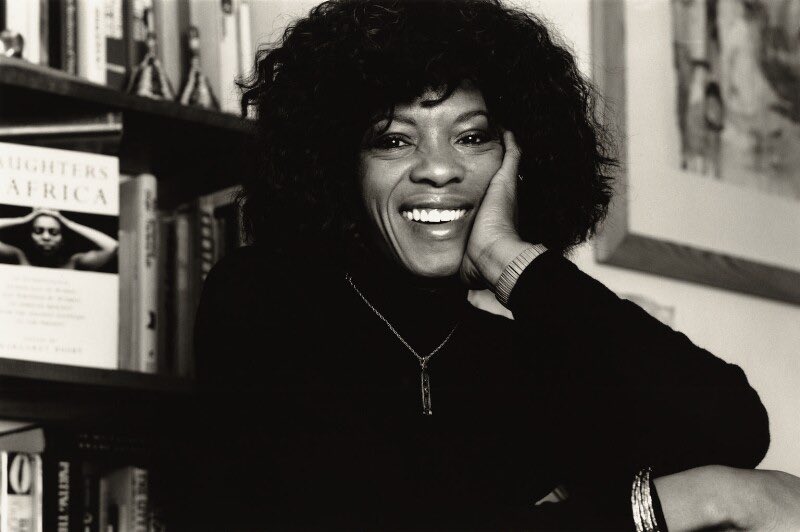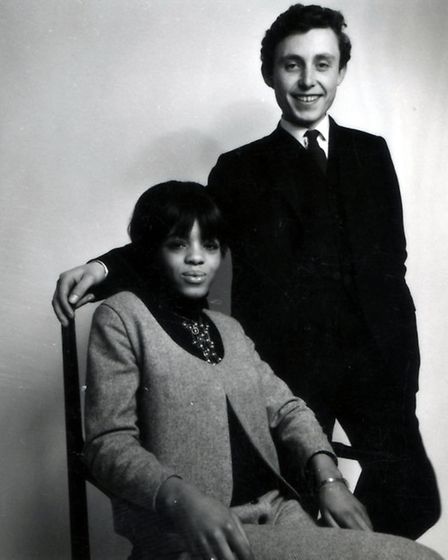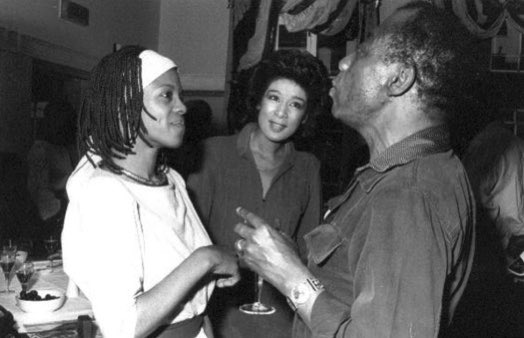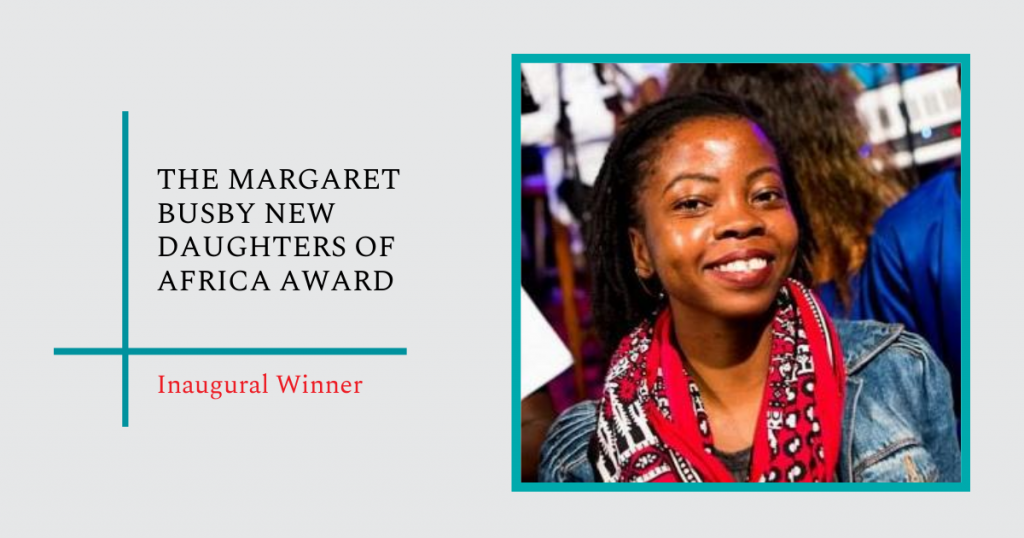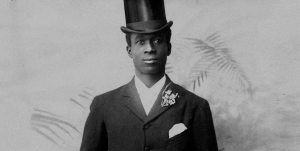Margaret Busby is the UK’s first Black female publisher.
Born in Accra, Ghana in 1944, her father was called Dr George Busby and her mother Mrs Sarah Busby.
Margaret was educated in Bexhill, Sussex and graduated at age 15, then read English at the London University and graduated in 1964.
During her university years, Margaret met her future business partner Clive Allison.
Margaret and Clive set up their own publishing company called A&B Allison and Busby in 1967.
The Spook Who Sat by the Door by Sam Greenlee was the first book they published in 1969.
Upon her achievement, Margaret said “It’s easy enough to be the first, we can each try something and be the first woman or the first African woman to do X, Y or Z.
But, if it’s something worthwhile you don’t want to be the only. I hope that I can, in any way, inspire someone to do what I have done but learn from my mistakes and do better than I have done.”
For twenty years Margaret was A&B’s Editorial Director, publishing notable authors such as C.L.R James, Hunter S. Thompson, Miyamoto Musashi and Florence “Buchi” Emecheta.
Her work has been featured in The Guardian, The Independent, The Sunday Times and The New Statesman.
Daughters of Africa: An International Anthology of Words and Writings by Women of African Descent from the Ancient Egyptian to the Present was published in 1992.
This was a landmark as it featured more than 200 women in a variety of genres.
Margaret followed up in 2019 with New Daughters of Africa: An International Anthology of Writing by Women of African Descent which featured another 200+ African writers.
The ‘Margaret Busby New Daughters of Africa Award’ was announced in 2019 in partnership with SOAS, University of London.
The award was to benefit an African, female student.
Literary giant Zadie Smith paid tribute to Margaret by saying:
“Margaret has been a cheerleader, instigator, organiser, defender and celebrator of black arts for the past 50 years, shouting about us from the rooftops, even back when few people cared to listen.”
“We can because she did’ is a cliché but in Margaret’s case it is both true and no exaggeration. She helped change the landscape of both UK publishing and arts coverage and so many Black British artists owe her a debt. I know I do.”
We thank you, Margaret and we at Adeptales salute you.


